What Are The Best Types Of Freight For A Rookie To Haul?
-
Blogs By Author
-
Blogs By Tag
When you're new to a career that's as diverse, complex, and dangerous as trucking you'll simply have no idea what to make of the various types of jobs available in this industry. There are quite a few choices which will leave you with a whole lot of questions:
- What's the difference between dry van and refrigerated?
- Is hauling a tanker or flatbed a viable option straight out of school?
- Which types of freight pay the best?
- What are the working conditions like for the different types of freight?
...and the list goes on. The main classifications we'll talk about here are dry van, refrigerated, flatbed, liquid tanker, dry bulk tanker, and doubles/triples. Which options are available to rookies and what are each of them like to haul? Let's have a look.
Dry Van And Refrigerated Freight
Most rookies start out hauling a dry van or refrigerated freight because they are the most common types of freight available and they require little in the way of specialized training. The job duties are very similar between the two types and the skill level needed to haul one or the other is pretty much the same.
Personally I prefer to see people start out in one of these two categories. I wouldn't go so far as to say you should not start out hauling any other type of freight, but in a career that's already very dangerous and incredibly stressful you should give a lot of consideration to how much of an additional burden you want to put on yourself straight out of the gate.
The overwhelming majority of dry van and refrigerated jobs require little or no physical effort from the driver. Rarely will you have to unload freight with most major carriers unless you're with a specialized company or you're in a dedicated division of some sort.
The learning curve is the easiest with dry van and refrigerated because you do not have to worry about securing your load like a flatbed driver does, nor do you have to manage almost 50,000 pounds of sloshing liquid like you do with a liquid tanker. You also don't have to worry about managing two or three different trailers at the same time like hauling doubles and triples.
The pay between these two types of freight is also very similar. The biggest difference you'll find between these two types of freight are home time and consistency of freight throughout the year. Refrigerated companies tend to require their drivers to stay out three or four weeks at a time and then go home for three or four days. Dry van companies tend to have a large range of home time options available, including home every weekend.
You also get a lot more fluctuation in dry van freight throughout the year than you do in refrigerated freight, much of which is due to the holidays. Dry vans haul the overwhelming majority of freight going to retail stores, and their sales fluctuate wildly during the holidays. Refrigerated carriers haul a lot of food products which make for a more consistent level of freight throughout the year.
Flatbed
Just like with dry van and refrigerated carriers, there are actually quite a few flatbed companies that either train students for their CDL or accept students straight out of truck driving school. But is starting out in flatbed really a good idea?
Personally I would rather see someone start out in refrigerated or dry van, but I'm not against the right type of person starting out with flatbed. You just have to be aware that the learning curve is going to be steeper, the risks are a little higher, and the physical demands of most flatbed jobs can be very difficult. The tarps can weight in excess of 100 pounds and you will often find yourself walking around on top of a loaded trailer, which is quite risky considering it's a long way to fall, especially on your head!
Flatbed companies often times have the ability to get you home every weekend because the companies that tend to ship and receive flatbed freight are often times only open on weekdays. So if home time is important to you I would consider either dry van or flatbed.
What about pay? Does all of this extra work and risk amount to bigger paychecks? Maybe a little. But I'll say this....you will not make enough extra money to make the job worth doing if you don't love what you're doing. Flatbed drivers love hauling flatbed freight and most wouldn't do anything else. They're not doing it because of the extra money. They're doing it because they love the physical and intellectual challenges that are unique to this type of job. They also love the variety of interesting products they get to haul and the places they get to take them.
Dry Bulk Tanker
Dry bulk tankers haul dry goods like sand, flour, and sugar. Because the freight doesn't slosh around like a liquid these trucks can be about as safe to drive as a dry van or flatbed. There will be more physical work involved with dry bulk tankers because you'll often be responsible for offloading, which involves hooking up hoses and venting the tank.
Dry bulk companies will have varying amounts of home time available but can often times get you home at least on the weekends. There are not a ton of these jobs available but they're out there and they're definitely worth looking into for rookies.
Liquid Tankers
Ok, personally I do not like the idea of a rookie hauling a liquid tanker and most liquid tanker companies will not hire an inexperienced driver. Having 50,000 pounds of sloshing liquid is extremely dangerous and it takes great skill and a delicate touch behind the wheel to handle these things.
The job itself is actually a pretty great job though, especially if it's a food grade tanker. Chemical tankers are yet another level of danger with all of the hazardous chemicals they haul. Food grade tankers haul things like honey, orange juice, and dairy products.
Liquid tanker will also normally require some physical effort, including hooking up hoses and climbing up the ladder to vent the tank on top of the trailer.
Doubles And Triples
Forget about it! I absolutely do not want to see rookies hauling doubles and triples. I do know a driver or two that started hauling doubles their rookie year but I think it's a terrible idea. In fact, I'm pretty shocked there are companies out there that will hire students straight out of school.
The job duties will require some physical effort because you'll have to handle a dolly which needs to be moved around and used to connect the two trailers together. But the physical demands aren't much of a problem for most people.
Doubles and triples are incredibly dangerous, but it might not be for the reasons you would expect. They're actually pretty easy to handle most of the time and they even turn in a much smaller radius than a long single trailer does. The problem with doubles is getting them stopped. Companies that haul doubles normally only have one drive axle on the tractor, instead of two, which limits the traction you have on slick roads and can be a real nightmare under braking. You also have less weight in the rear trailer which can cause the brakes on that trailer to lock up more easily on slick roads.
In my opinion a rookie should not consider hauling doubles or triples. One year minimum experience for this type of job.
Final Thoughts
As a rookie you'll have a long list of opportunities with dry van and refrigerated companies, and even quite a nice list of choices with flatbed companies. Don't overlook dry bulk though. There are some great opportunities out there.
I would prefer to see most people start out in dry van or refrigerated, but if you're the type that loves challenging yourself and you think you have what it takes to be a flatbedder then I say go for it. If you're looking for the safest, surest path into trucking then I would stick with dry van or refrigerated in the beginning.
Related Articles:






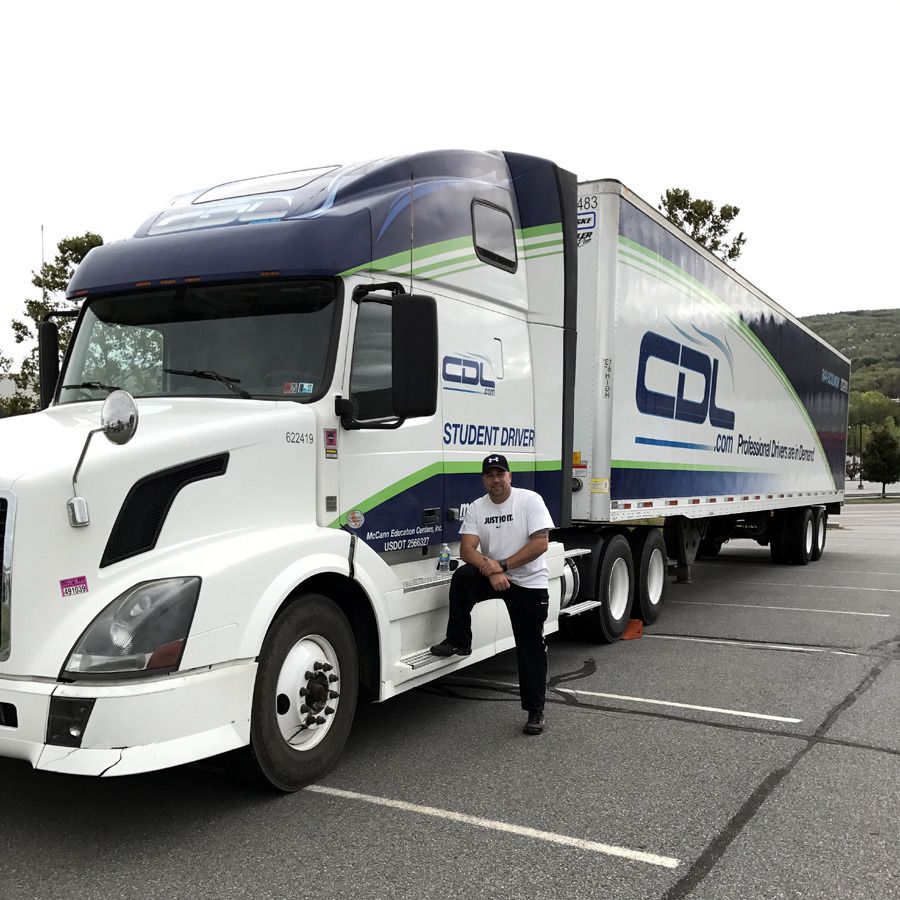
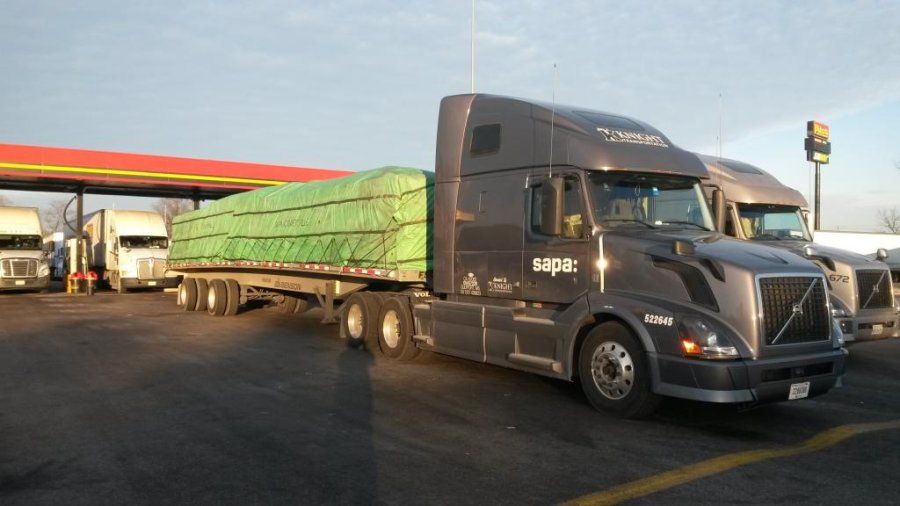
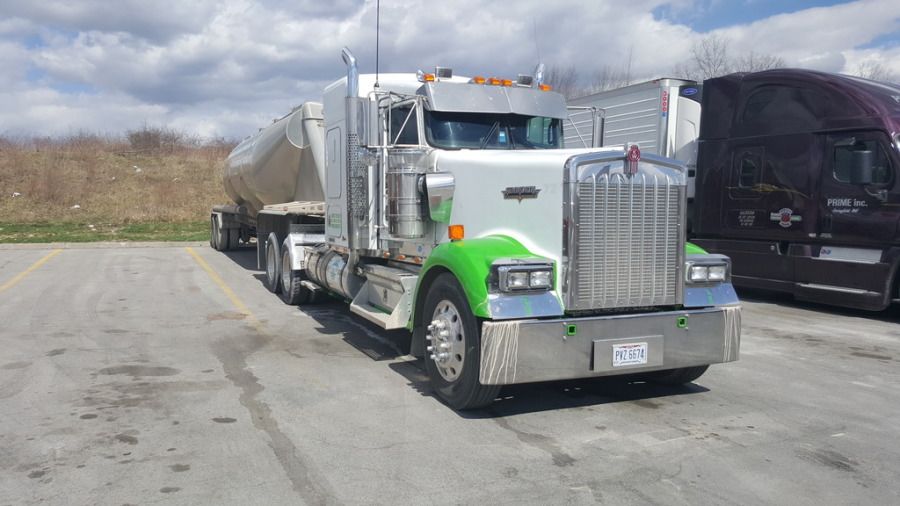
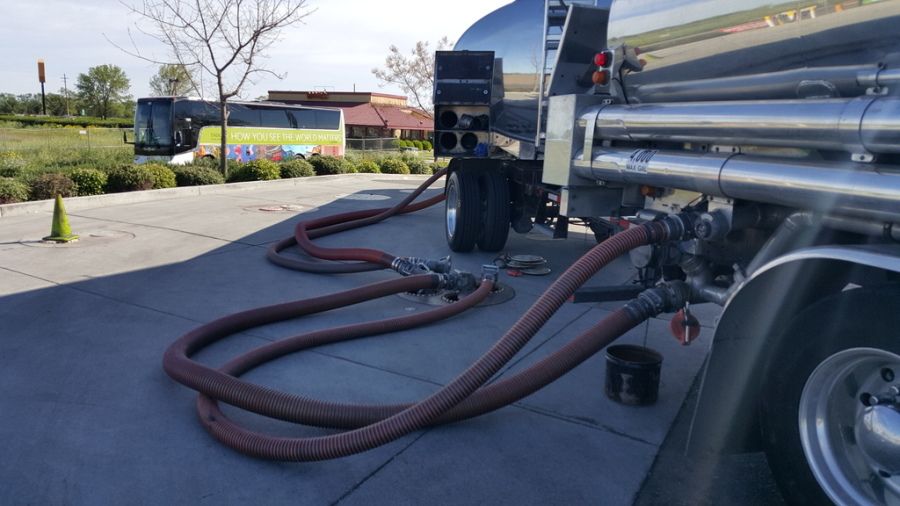
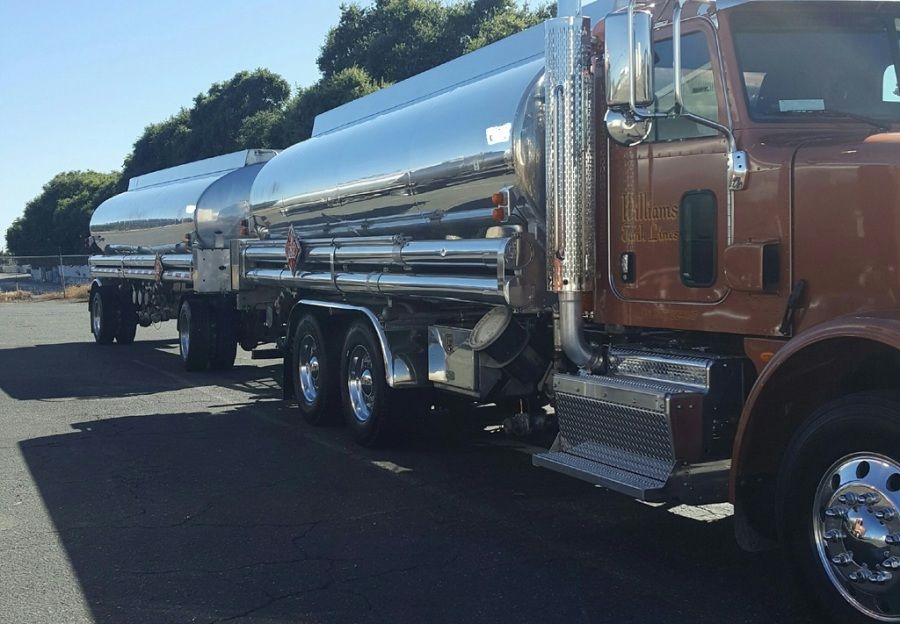

 TT On Facebook
TT On Facebook